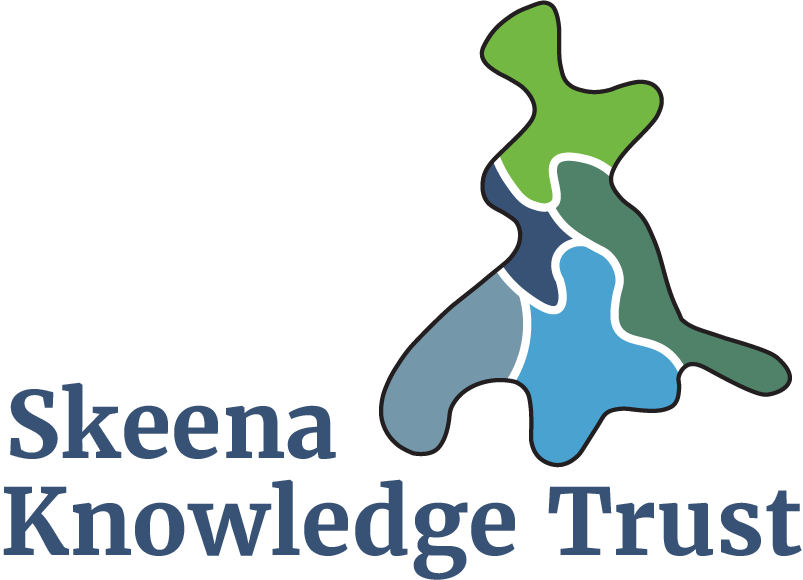Conflict has surrounded Skeena fisheries management on British Columbia’s north coast for decades however limited Skeena-specific collaborative fisheries management research has been conducted. The objectives of this research were to identify, from participant perspectives, collaborative successes, challenges, and associated impacts of two historical fisheries-related collaborative processes, the Skeena Watershed Committee and the Skeena Watershed Initiative, and to develop practical recommendations based on new knowledge. While communications-related benefits such as relationship building were identified, challenges such as long-standing historical conflict, collaborative process design deficiencies, and external factors (e.g. reduced commercial fishing opportunities) were found to be barriers to collaboration. Recommendations include a Skeena leadership model and practical collaborative process-design guidance intended to address conflict and inter-jurisdictional issues, provide relationship-building opportunities and enhance cooperative behaviour, and support independent science-related information development to inform Skeena-specific discussions.

